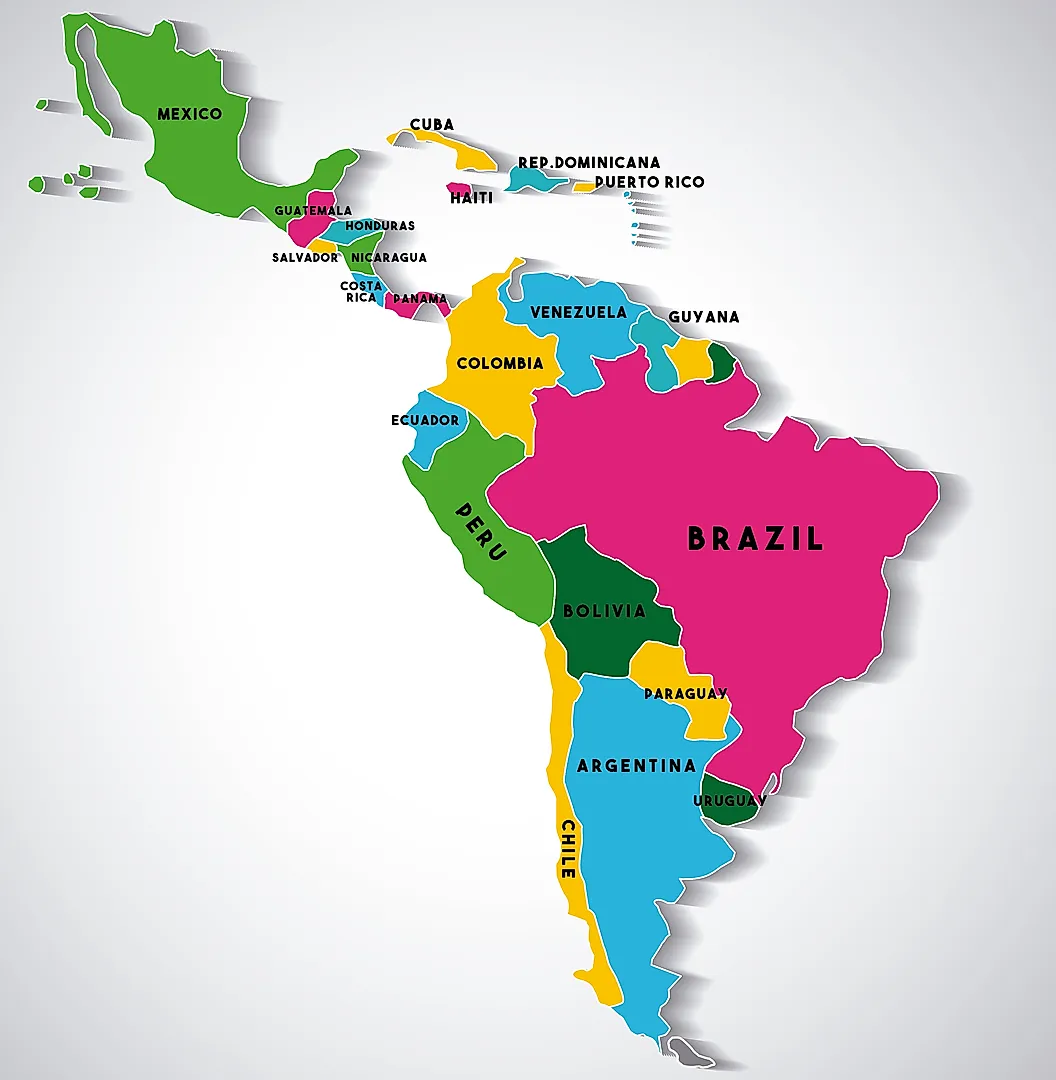United States Treasury Secretary Scott Bessent called Democratic senator Elizabeth Warren an “American Peronist” on Friday after she told U.S. banks not to finance their government’s massive financial support package for Argentina.
His comments brought the Argentine movement further into U.S. political discourse at a time when President Donald Trump’s controversial decision to provide a support package of up to US$40 billion to his Argentine counterpart, Javier Milei, has become an issue in domestic politics.
“While she remains mostly focused on singing ‘Don’t Cry for Me Massachusetts’ and voting against paying government workers, @SenWarren has somehow also found the recent bandwidth to threaten large banks on their lending policies,” Bessent wrote on X.
“She is an American Peronist. And the only thing she enjoys more than wasting your tax dollars is our nation’s time. Senator, come in off the balcony, stop raging against one of our great Latin American allies, and vote to reopen the government.”
He accompanied the post with what appeared to be an AI-generated image of the poster from the Andrew Lloyd Webber musical, Evita, with Warren’s face in the position of former First Lady Eva Perón. The work chronicles the life of Eva Perón, former President Juan Domingo Perón’s second wife, who became renowned among her supporters as a folk heroine for her support of Argentina’s working class, until her tragic death in 1952 at the age of 33.
The song “Don’t Cry for Me, Argentina,” whose final word Bessent changed to refer to Warren’s home state, is from Evita. The former first lady famously used to give moving speeches from the balcony of Argentina’s Casa Rosada presidential palace.
Bessent’s post came hours after the Wall Street Journal reported that Warren had written to banks JPMorgan Chase, Bank of America, Citigroup, and Goldman Sachs, warning them against financing a US$20 billion loan to Argentina because of doubts over whether Argentina could pay the money back or offer suitable collateral.
Warren doubled down on her criticisms on Friday evening, tweeting: “The big banks need to reject this deal. Taxpayers shouldn’t foot the bill for Trump’s political favors.”
Bessent’s post is not the first time that senior U.S. government officials have used the idea of Peronism to blast their domestic opponents. When Trump received Argentine President Javier Milei in the White House on October 14, Bessent told press during the leaders’ meeting: “We’ve been criticized by a couple of American Peronists like Senator Warren.”
Trump chimed in to describe Warren as a “nasty, horrible senator” before Bessent proceeded to call the Democratic party’s nominee for mayor of New York City, Zohran Mamdani, her “protegé.”
“I don’t think he’s a Peronist, I think he’s more…”
“…Communist,” Trump added.
What is Trump’s Argentina bailout? Milei, a far-right Trump ally, has been facing a critical shortage of international reserves ahead of this Sunday’s mid-term elections. On September 24, Bessent announced that the Trump administration would offer Argentina a US$20 billion currency swap, and was prepared to purchase its dollar bonds, among other forms of financial support. While Trump has denied the package is a bailout, it has been widely interpreted as such by observers in both countries.
Last week, Bessent also announced the creation of a US$20 billion private fund for Argentina, which would take the total value of the support package to at least US$40 billion.
The deal has proved controversial among Democrats and Republicans alike. They have argued that the money should instead be spent at home, and questioned why the U.S. should financially support a country that competes with it in markets for huge commodities such as soybeans and energy.
Trump and Bessent have claimed that supporting Argentina is in the U.S.’s interests to fend off the influence of China in the region and avoid it becoming another “failed state,” referring to the crisis in Venezuela.




